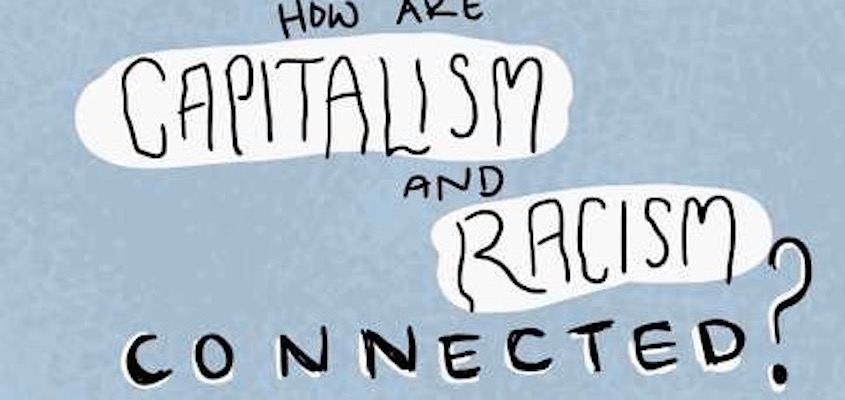(ThyBlackMan.com) Black American wealth has dropped dramatically during the latest recession. The recent meeting between Rev. Al Sharpton, Marc Morial, Ben Jealous and Barack Obama underscored the urgency of dealing with the financial challenges currently being faced by African Americans. One of the critical areas in which black people are being hit hardest is home ownership. Many millions of Americans are now “upside down” in their mortgages, meaning that they owe more money than their home is worth. Yes, this can be financially devastating.
I did a segment with MSNBC the other day discussing the topic, so I thought I’d share the advice with my AOL Black Voices family. After teaching  Personal Finance at Syracuse University for a few years, I am finding that my PhD is being put to use more than ever during this recession. So, please humor me as I give a quick “financial brain dump” and share my thoughts on how to deal with the mortgage crisis:
Personal Finance at Syracuse University for a few years, I am finding that my PhD is being put to use more than ever during this recession. So, please humor me as I give a quick “financial brain dump” and share my thoughts on how to deal with the mortgage crisis:
1) Always buy less home than you can afford: One of the great challenges that many of us face in Black America is that we always love to show our success to others. What better way to prove to mama that you “made it” than to buy a big, fat house that you can barely afford. The problem is that by stretching your dough and living paycheck to paycheck, you are making yourself highly vulnerable to short-term economic fluctuations. Yes, I am talking to the doctors, lawyers, and “big ballers” out there too. Make sure your mortgage payment doesn’t exceed 30 – 35 percent of your after tax take-home pay. That’s a good benchmark. Also, make sure you save at least 10 percent of the money you bring home – no excuses.
2) If you can swing it, this is a great time to buy a home: It’s tough to get banks to loan money during this recession, but they are starting to loosen up a little bit every single day. President Obama has introduced tax credits and other incentives to purchase a home, so you might want to give it a try. Best of all, home prices are lower than they’ve been in a while, so you might be able to get something nice for a reasonable price, especially in the south.
3) If your mortgage is upside down, don’t run for the hills just yet: If the value of your home has dropped dramatically, you might want to consider your options. Don’t just stop paying the mortgage, as many Americans have done. Think about whether you are a long-term or short-term owner. If you are long-term, you might want to ride it out. Consider whether or not you can actually afford the mortgage. If you can still pay it, you may want to just let the value of the home naturally appreciate back to its normal value. At the very least, this recession has taught us all valuable lessons about the risk of taking home equity loans – protect your equity at all costs and keep building it. You certainly don’t want to lose equity by paying for a vacation.
4) Weigh all your options, even the “nuclear one“: Your bank does not want you to default, so if you find yourself in serious financial trouble, try to talk to your banker to see if there are options. If there are not, then the “nuclear option” might be on the table: walking away from the mortgage altogether. While I don’t recommend doing this unless you absolutely have to, the truth is that if you can withstand the damage that will be done to your credit report, you can at least put yourself in position to financially downsize your life. But remember that walking away from a mortgage should be a last resort.
5) Cut costs, find new revenue streams: Right now on a piece of paper, write down a list of all the places where you get your money. If you only have 1 – 2 items on that list, then you are in serious danger of having your income supply shut down if things go bad for your employer. Consider finding a “side hustle” that can supplement your income: It might be selling Avon, cutting grass, holding a part-time job, baby sitting for the neighbors, or doing hair for your friends. Find that extra path to getting what you need, since there is no such thing as job security when you’ve only got one job.
Financial trouble is not the end of the world. You will survive, and you will be stronger because of your hardship. Use this recession as a long-term lesson about the value of saving, investing and managing your money. It can always be worse than this.
Written By Dr. Boyce Watkins




















Leave a Reply